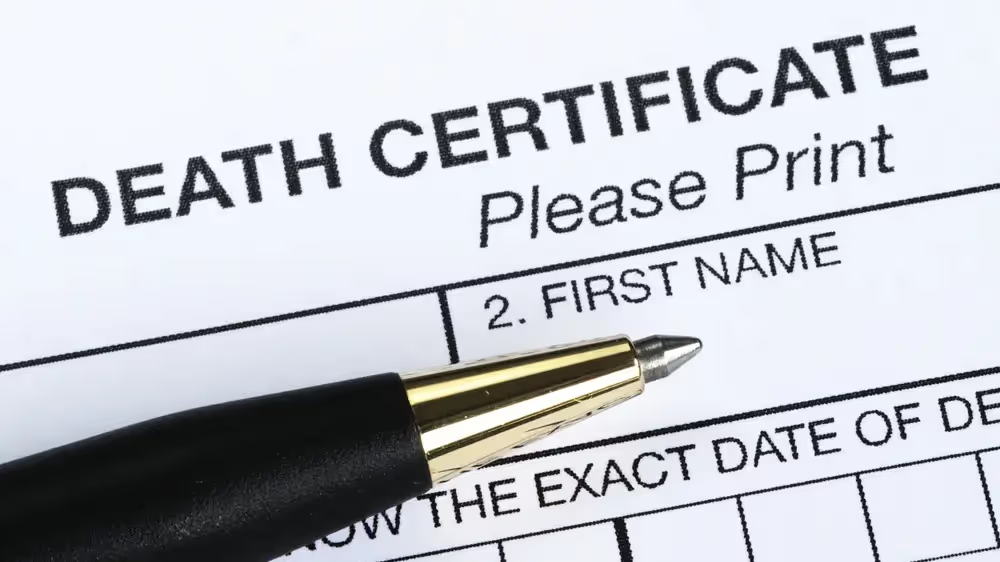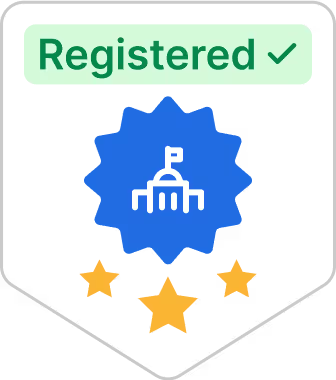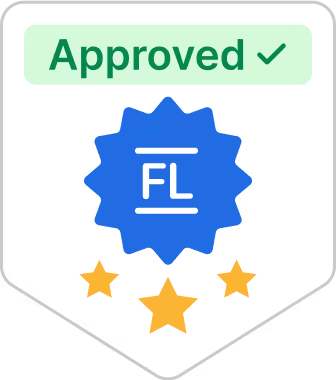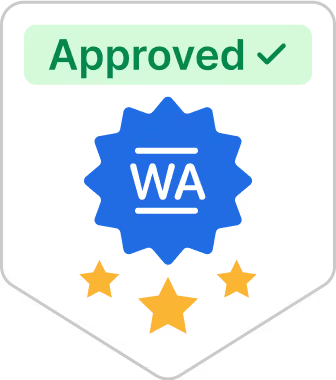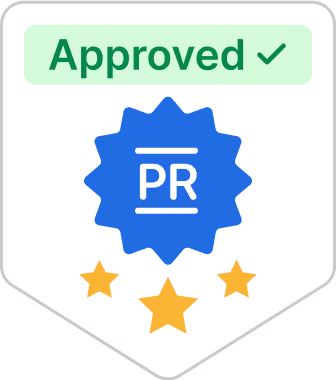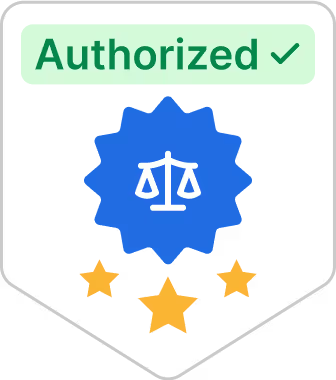End of life planning: Complete checklist

It can be overwhelming to figure out what to do when someone dies. Whether you’re making plans for yourself or a loved one, end of life preparation will help you, your family, and your friends respond to your passing according to your wishes.
But, the process can sometimes seem overwhelming—by the time you reach old age, you’ll likely have diverse assets, specific wishes for certain properties and possessions, and strong preferences for your funeral or remains.
In this article, we’ll explore a few crucial components of an end of life planning checklist, a document that you can use to complete the process thoroughly and efficiently. After reading, you’ll be prepared to get the ball rolling on your end of life planning.
Prepare estate documents
Arguably most important components of an end of life planning checklist besides an official death certificate, are estate documents. Estate documents help your friends, family, and medical providers act per your wishes after your pass on. Consider preparing the following documents:
- Will – A will lists your wishes regarding your assets, properties, outstanding debts, and personal items. It should stipulate who will manage your estate after you die (the executor) and how the executor should disburse your estate.
- Living trust – When you pass, you can use the proceeds of your estate to fund one or more trusts—secure, regulated asset accounts that stipulated relatives can withdraw funds from per your wishes.
- Power of attorney – Be sure to assign a responsible friend or family member to make decisions for your medical care (a medical power of attorney) or your finances (a financial power of attorney) in case of incapacity.
- Do Not Resuscitate order (DNR) – Once you reach a certain age, you may wish not to be resuscitated if you experience a potentially fatal medical condition. If this is the case, you should create a DNR detailing your wishes if you’re unable to advocate for yourself at the time.
List funeral and remains wishes
To help your loved ones act per your wishes after you pass, you should create a detailed list of your desired funeral arrangements (if you want to have a funeral) and direct loved ones to handle your remains.
If you want a funeral, consider some of the following stipulations:
- Location
- Attendees
- Time of day
- Religious or secular proceedings
- Open/closed casket viewing
You should also decide what you want to do with your remains, like:
- Embalming, burial and where you want to be buried
- Cremation and storage/spreading of your ashes
- Minimalist burial
You should also assign one or more loved ones by name, if possible, to organize your funeral. While you can assign this to the executor of your will, you can reduce their workload by appointing someone else. You should also specify how to pay for the costs of your funeral and remains processing—whether you set aside funds in a specific account, sell a valuable asset, or place cash in a safe or lockbox.
Create a password and asset master list
To help your loved ones access and manage your assets after you pass, you should create a master list of all of your accounts and passwords. Include the following accounts and details:
- A thorough list of your assets, like property, valuables, cash, and investments
- Debt accounts for personal loans, mortgages, auto loans, and credit cards
- Bank accounts, including your account number, password, and PIN
- Social media accounts
- Email addresses and passwords
- Life Insurance policies, including policy numbers and passwords
Even if you’re not elderly, imagine how your family would prefer to settle your affairs—they’d want to manage your money, disburse your estate, close your various accounts, settle your debts, and prevent identity theft. Your master list should include everything they need to do so. On a side note, pick a life plan with coverage that would help out your family, so that when the time comes to settle your affairs, the family member in charge of carrying it out wouldn’t run short.
Plan to obtain a Death Certificate
Who needs death certificates when someone dies? Well, to carry out your wishes and begin managing your estate, the executor of your will needs a copy of your death certificate. The process for obtaining a death certificate usually includes:
- Filing a legal pronouncement of death and details of your passing with a local court
- Providing supporting documents and awaiting filing completion
- Obtaining certified copies of the death certificate once the court creates the original
To avoid the hustle and bustle of getting a death certificate in person from a government office, simply fill out a form to apply for a death certificate and read our post about obtaining a death certificate online for more information.
Sources:
- American Bar Association. Revocable Trust. https://www.americanbar.org/groups/real_property_trust_estate/resources/estate_planning/revocable_trusts/
- Centers for Disease Control and Prevention. Advance Care Planning Glossary.https://www.cdc.gov/training/ACP/Glossary.pdf








